Conversation analytics can significantly impact various aspects of your business, especially Compliance and Quality Assurance. Today, we’ll explore how AI-driven conversation analytics, such as Sentient Machines, can elevate your QA processes and how it seamlessly integrates with traditional QA scorecards.
Enhancing Compliance and Quality Assurance with AI
For Quality Assurance teams in regulated industries, ensuring that advisors remain compliant is critical. Non-compliance poses reputational risks and can lead to substantial fines. However, maintaining compliance requires heavy investment in advisor training and ongoing assessments, particularly in today’s complex regulatory environment.
If your current approach involves manually selecting a random sample of conversations and scoring them, you’re not alone—80% of companies do the same. But while this process is familiar, it limits your potential to learn and improve. The few companies using AI-driven conversation analytics gain access to insights that would otherwise be out of reach, setting them apart from competitors reliant on legacy systems or keyword-based speech analytics.
What Can AI-Driven Conversation Analytics Offer Today?
AI is adept at processing large datasets, identifying specific events, behaviors, emotions, and anomalies. At Sentient Machines, we define an “outlier” as a conversation that signals compliance risks, poor customer experience, or agent disengagement—factors that could lead to churn or high turnover. Outliers reveal valuable insights, allowing you to focus on conversations that have the potential to make a substantial difference.
Key Advantages:
1. AI-Assisted Scorecards: AI can align with traditional QA scorecards, answering questions that conversation analytics can address autonomously. This approach lets AI handle straightforward scoring, leaving your team free to focus on more complex insights.
2. Augmented Manual Scorecards: If your scorecard is too intricate for AI to complete independently, AI can still analyze 100% of interactions, producing actionable insights. This hybrid model combines human expertise with machine efficiency, delivering results that neither could achieve alone.
3. Transforming QA into QA Analytics: Traditional QA emphasizes performance monitoring, often requiring proportional increases in staff as customer interactions grow—an expensive, time-consuming approach. AI transforms QA into a data-rich analytics function, enabling teams to derive deeper insights and more nuanced metrics in less time.
4. Targeted Competency Training: AI simplifies competency training by automatically identifying relevant conversations. For example, if you need to assess how new hires are handling specific tasks, like setting up Direct Debits, AI can pinpoint these conversations, allowing you to review precisely what you need.
Integrating AI into Your QA Process
Here’s how our AI-driven conversation analytics can elevate your day-to-day QA activities:
- Focused Conversation Selection: Rather than relying on random samples, AI targets the most impactful conversations. If less than 1% of your customers are vulnerable, random selection will likely miss this group. AI’s capability to monitor 100% of interactions uncovers critical insights that would otherwise go unnoticed, identifying over 500 distinct events, behaviors, and emotions—including vulnerability flags and shifts in customer sentiment—to help prioritize reviews.
- AI-Driven QA Analytics Co-Pilot: Think of AI as a co-pilot for QA, ready to support or fully manage the scoring process. It can assist in completing scorecards, tracking performance, and ensuring quality standards are met. By handling complex data analysis, AI makes the QA process faster and more effective.
- Real-Time Alerts: AI can monitor rare or high-risk events, alerting you instantly via email when they occur. This proactive approach allows teams to respond swiftly to urgent situations.
Overcoming the Limitations of Traditional Speech Analytics
If previous experiences with speech analytics left you unimpressed, you’re not alone. Many systems on the market operate as glorified search engines, focusing on keywords rather than context. However, effective conversation analysis requires understanding not only *what* is said but also *how* and *why*.
A truly AI-driven analytics system like Sentient Machines interprets emotions, behaviors, and conversational dynamics, adapting to specific business needs and reducing false positives. The result? More accurate, actionable insights than traditional keyword-based systems can offer.
A Strategic Advantage
By merging human expertise with AI’s analytical capabilities, companies can not only meet regulatory standards but also enhance team productivity and foster stronger customer relationships.
Stay tuned for the next article in this series, where we’ll explore how AI can boost team performance, productivity, and well-being.

